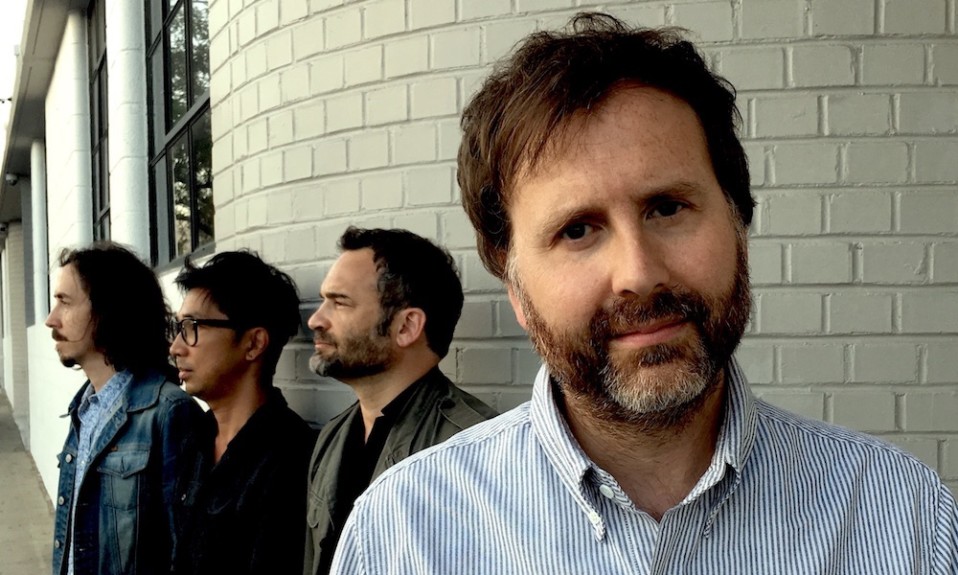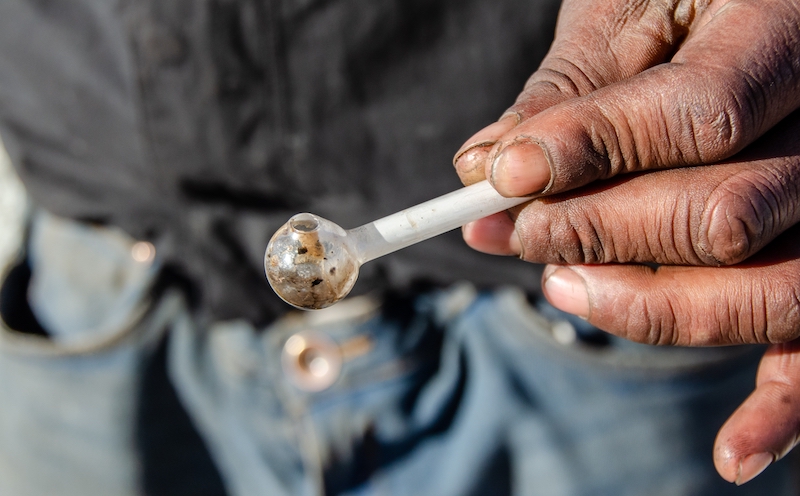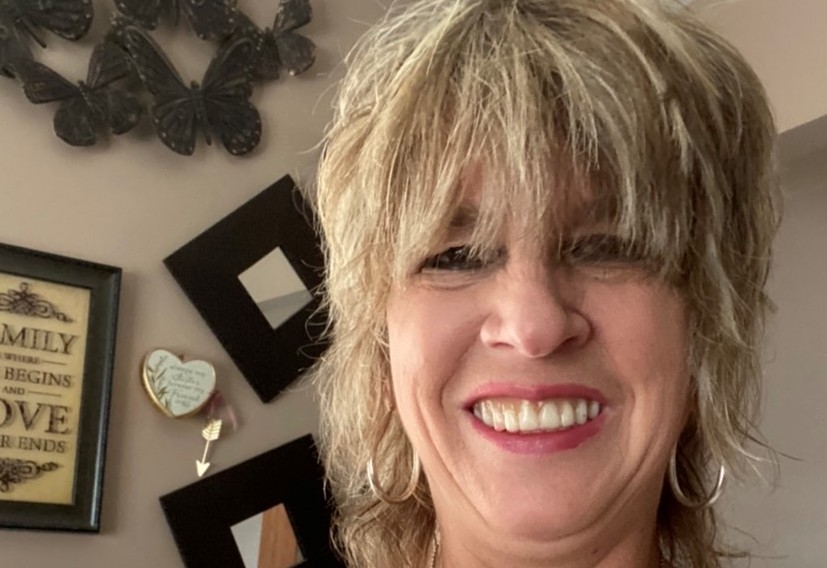The musician and writer ventured deep into his soul to understand his alcoholism, and he re-emerged with a sense of clarity
By Richard Jankovich, singer for Big Mother Gig
May 4, 2021At some point in my life, I looked at the world and decided that it was a cold, heartless place. There are wars, inequality, homelessness—all these problems. I used that as a justification for feeling depressed. It was an equation: If the world is full of pain, you’re going to feel bad, so depression is normal. In fact, if you’re not depressed, there’s something wrong with you.
Drinking became my anti-depressant and was very easy to justify: This is what anyone needs to do to get through. I knew I had a problem, that I didn’t drink like normal people. But for the longest time, I wondered why they weren’t drinking like me. Because life is hard, and alcohol was my prescription.
I began to look at family history and question what was accepted as general behavior, and it started to dawn on me that I came from a long line of alcoholics. I began to think back to all of these aunts and uncles, and the amount of alcohol they drank was staggering.”
An alcoholic, as I understood it, was someone who couldn’t keep their marriage together, couldn’t keep a job, woke up in strange places. Since I was a “functioning alcoholic,” it took 20 years before I realized my problem. I never hit rock bottom. I was on the way but was able to keep just shy of it. That’s kind of worse. If I had hit rock bottom 15 years ago, maybe I would have enjoyed an adulthood free from alcohol.
When I finally hit the pause button—never intending on quitting for good—my problem became clear in a way it hadn’t before. I would go to therapy sessions and start scribbling ideas down, and had a few pages of notes about, Why do I have this problem? Where does it come from? I reached out to some family members to try to piece together what my dad had lived through, and I came to understand that he had a pretty tragic childhood, which had been hidden from me, because in the grand tradition of dads, he felt that he was protecting his family.
About a year after I stopped drinking, I went to Joshua Tree, rented a cabin for a weekend and wrote morning, noon and night. All of these notes I had written down just all came together. I was in tears the entire time.”
I began to look at family history and question what was accepted as general behavior, and it started to dawn on me that I came from a long line of alcoholics. I began to think back to all of these aunts and uncles, and the amount of alcohol they drank was staggering. In the Midwest, which is where I’m from, it’s like water—alcohol is just a part of daily life. It’s very accepted, especially in working-class families. I came to realize that I was a depressed person and that I was using alcohol and other things to feel better and not be depressed.
About a year after I stopped drinking, I went to Joshua Tree, rented a cabin for a weekend and wrote morning, noon and night. All of these notes I had written down just all came together. I was in tears the entire time. It was not just cathartic, which is a word that gets thrown around a lot. It was absolutely like an exorcism of sorts. Putting it all to words and music and singing it was like watching a movie of my life. It put everything into context.
The end result is the album Gusto, which was released on April 30. I hope you find some inspiration or comfort from the songs.












